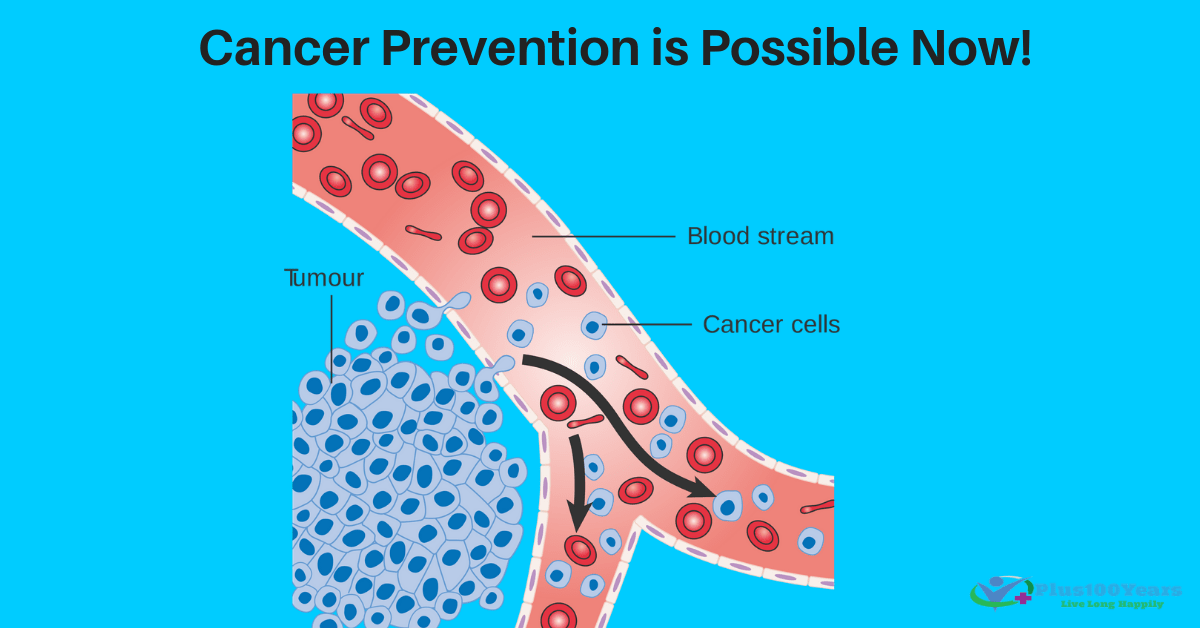Updated: 24-05-2025
What is Benign Prostatic Hypertrophy?
The prostate gland is a small gland that is a part of the male reproductive system.
The term benign prostatic hypertrophy may seem very peculiar.
But in simple English, it means enlargement of the prostate.
It is an abnormal swelling or overgrowth of the prostate tissues.
When the prostate enlarges and continues to grow, it will eventually press up against the urethra.
When this happens, it can slowly cut off the capability of the urethra to carry urine from your bladder and eliminate it.
The symptoms of benign prostatic hyperplasia (BPH) are:
- Urge to urinate frequently
- Starting and stopping during urinating
- A weak urine stream
- Sexual problems
- Feeling like the bladder is not empty after urinating
- Recurring urinary tract infections (Bladder and kidney infections)
- Excessive dribbling after urinating (the urine only trickles out and has a weak flow, in some cases, accompanied by pain)
- Burning sensation while urinating
- A frequent urge to urinate day and especially at night
Another word for enlarged prostate in the medical field is benign prostatic hyperplasia (BPH).
It is a common problem in men over the age of 65; fifty percent of all men above the age of 60, 65 will suffer from these effects.
It seems to be a natural part of the ageing process and a common problem for the majority of men.
Modern medicine does not have a specific cause.
Symptoms of Prostate Cancer
Incidentally, the symptoms of benign prostatic hypertrophy are easily mistaken for the symptoms of prostate cancer.
Typically, these are the symptoms of prostate cancer:
- An urge to urinate more often than normal
- Difficulty in trying to start and stop the urine stream
- Having a weaker or trickling urine stream
- The feeling of not having an empty bladder, even after urinating
- Experiencing pain or burning sensations during urination
- Blood in the urine
- Blood in the semen
- Experiencing pain in the lower back, pelvic region, abdomen, or hip area
Early prostate cancer is confined to the prostate gland.
Most of the patients with this type of cancer can live for years without any problems.
It forms a tumour that slowly continues to grow if left unattended.
It then leads to the enlargement of the prostate.
By this time, the cancer is probably spreading, which should never happen.
If prostate cancer is not treated in its early stages, many complications will arise.
Most of the time, advanced prostate cancer is treatable but incurable.
Genetics And Benign Prostatic Hypertrophy
Studies show that genetics may also play a major role in the enlarged prostate, as prostate cancer and enlarged prostate can be inherited from generation to generation.
One of the other causes can be a hormonal imbalance.
The other reasons include cell growth factor, mineral deficiency, obesity, and testosterone.
The best way to deal with symptoms of benign prostatic hypertrophy and prostate cancer is through prevention.
Men should take their prostate health seriously.
Including a high-fibre diet and vitamins and maintaining a healthy lifestyle will help in reducing the chances of BPH and prostate cancer.
According to health experts, cutting down on processed foods, sugar, and white flour also goes a long way in reducing the risk of prostate cancer.
The best way is to stick to healthy, clean food and a lifestyle.
Thanks for reading this article. Share your comments on this Post


